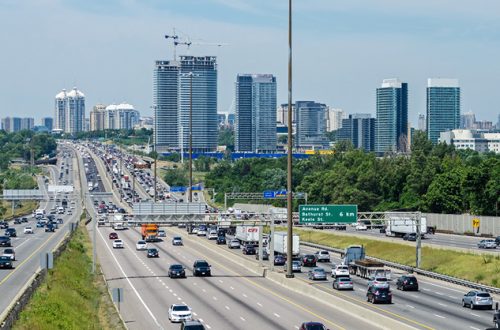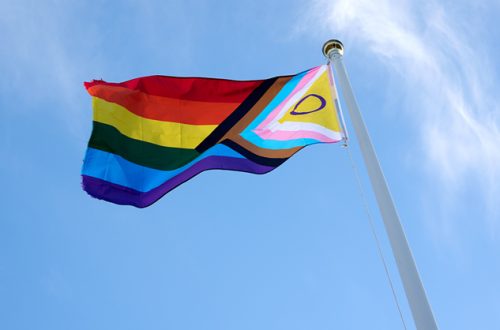February is Black History Month and OSPE is taking this opportunity to celebrate Black trailblazing professionals, such as Elijah McCoy and William Hubbard. Black History Month is an important month and while we make sure we celebrate and educate during this time, OSPE recognizes these actions must carry on throughout the year. OSPE envisions a diverse and inclusive Engineering profession, and we continue to work towards this future through our advocacy, workshops, and education webinars.
Our vision of a diverse and inclusive engineering profession includes increasing representation, retention and promotion of members of equity seeking groups within the engineering profession. This commitment made it easy in our decision to support the Government of Canada’s 50-30 challenge which will mean working towards filling our leadership and Board positions with 50% women and 30% members of equity seeking groups.
OSPE continues to be a catalyst for policy changes that benefit diverse communities, conduct research to generate awareness and inform our stakeholders, including creating a diversity stream in our Engineering Academy, advocating for internationally trained engineers to practice in Ontario. While education is an important tool in creating an equitable and inclusive future, we take it further by dedicating multiple slots on our annual Engineering Conference to diversity and inclusion, including generating accountability in the workplace.
This month, look out for our various Black History Month initiatives, including an Engineering The Future podcast and a social media takeover with OSPE member Matthew Davis, P.Eng.
As an advocate of equity, diversity and inclusion, OSPE will continue to work to ensure that all engineering students, graduates and professionals are afforded equal opportunities. We continue to urge the government to implement policies that encourage the participation of under-represented groups in the workplace by:
- Addressing the wage gap. OSPE’s Census analysis revealed that the wage gap between men and women working in engineering was 12% or $11,000 annually. Further, the wage gap for other under-represented groups should also be assessed and mechanisms similar to those developed for gender should be introduced. The government must create accountable and enforceable tools to truly address this issue.
- Investing in robust labour market analysis. It is important to expand labour market analysis to be more inclusive and to ensure that reliable data is available to inform both private and public sector responses to the barriers impacting all underrepresented groups in engineering and other STEM professions.
- Encouraging diverse and inclusive workplace practices. Organizations must demonstrate a real commitment to diversity and inclusion through their workplace practices to access public funding. A revision of current funding frameworks to include specific measurable requirements from organizations seeking to access public funding should be included to ensure accountability. We encourage the government to look at workplace policies and practices, representation, commitment to inclusive design and/or diverse supply chains when determining eligibility.





Leave a Comment